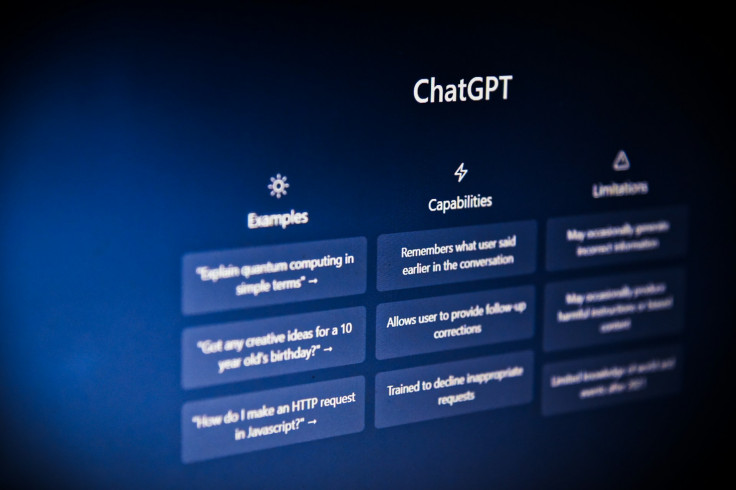Cyber Gangs Are Exploiting a ChatGPT Glitch to Snatch Personal Info—How to Stay Safe
Here's what you need to do to protect yourself.

Designing a birthday card in minutes. Summarising dense university lectures in seconds. ChatGPT has quickly become the Swiss Army knife of daily tasks, a tool used by millions to make life easier. But while it may seem like a helpful assistant, beneath its sleek interface lies a growing threat: cybercriminals are now using the same AI tool to exploit users and steal sensitive data.
As ChatGPT continues to evolve, its powerful capabilities aren't just impressing users. They're being manipulated by hackers to breach privacy, launch attacks, and bypass safety controls. And worryingly, most users have no idea how vulnerable they truly are.
How Hackers Exploit ChatGPT for Data
To improve its performance, ChatGPT collects various forms of user data, including location, device information, browsing patterns, and IP addresses. Over time, the more you use the tool, the more precise it becomes. But it also learns more about you.
This data collection makes ChatGPT an attractive target for bad actors. While OpenAI has implemented safeguards to block harmful or inappropriate prompts, those protections can be circumvented by clever prompting — a tactic already demonstrated during the emergence of ChatGPT's now-infamous 'DAN' jailbreak in 2023.
In that case, users triggered an alter ego version of the bot that bypassed restrictions and answered prompts on topics like the Holocaust and instructions for making napalm, issues the AI was specifically trained not to engage with.
More recently, a security flaw known as CVE-2024-27564 allowed hackers to inject malicious URLs into ChatGPT's input parameters, tricking it into making unauthorised requests. This kind of bug can serve as a gateway for phishing attacks or malware installation, all without the user even realising.
Five Steps to Protect Your Data When Using ChatGPT
According to cybersecurity experts cited by Fox News, there are several practical ways to secure your data and stay protected while using AI tools:
1. Remove Your Information from People-Search Sites
Many sites, such as Whitepages, Spokeo, US Search, and Intelius, collect and list personal data. Most offer opt-out forms that allow you to reduce your online footprint.
2. Use Data Removal Services
Third-party services can automatically send takedown requests on your behalf, helping remove your name, email, address, and other details from hundreds of data-broker platforms.
3. Strengthen Your AI Account Security
Use strong, unique passwords for ChatGPT and any related accounts. A password manager can generate and store secure logins, making it harder for hackers to gain access.
4. Lock Down Your Social Media
Keep your social media profiles private and limit third-party app access. The less exposed you are on public platforms, the harder it is for scammers to gather information about you.
5. Install Reputable Antivirus Software
Reliable antivirus software helps guard against malware, phishing links, and unauthorised data access. It acts as your first line of defence in a world where threats are becoming smarter and more targeted.
ChatGPT is a revolutionary tool, but even the smartest AI cannot protect users from the risks that come with sharing personal data online. As more people adopt generative AI in their daily lives, the lines between convenience and vulnerability continue to blur. Awareness, caution, and the right digital hygiene can help ensure that your conversations with ChatGPT remain helpful — not harmful.
© Copyright IBTimes 2025. All rights reserved.





















